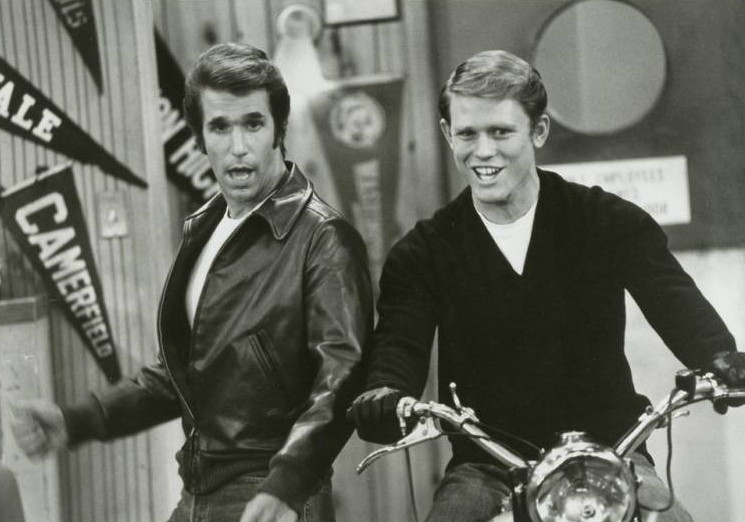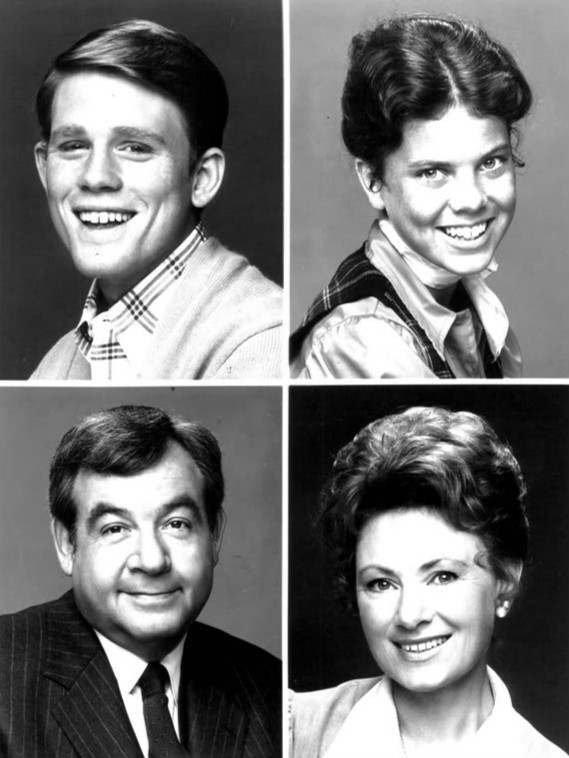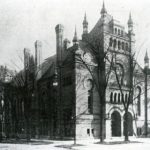
Happy Days — the precursor to other famous spin-offs including Laverne and Shirley, Joanie Loves Chachi, and Mork and Mindy — first brought idealized values associated with 1950s middle-class America to television viewers on ABC in a 1971 pilot titled “New Family in Town.” While the network did not immediately turn the pilot into a series, its characters did appear again in a segment on the show Love, American Style.
In 1973, ABC resurrected the Milwaukee-set series and gave it a new name: Happy Days. Network executives hoped to capitalize on the show’s sentimental depiction of life in the 1950s, a theme recently popularized by the hit movie American Graffiti. Ironically, the Love, American Style segment provided some of the inspiration for George Lucas to co-author American Graffiti in the first place. The combination of this movie and Happy Days generated a continuing nostalgia for sentimental 1950s culture that lasted throughout the 1970s. That feeling is captured in the show’s opening credits.

After some changes to its initial composition, Happy Days came to revolve around the Cunningham family: hardware-store owning father Howard, stay-at-home mom Marion, clean-cut son Richie (Ron Howard), and his tag-along younger sister Joanie (Erin Moran). The addition of local hooligan Arthur “Fonzie” Fonzarelli (Henry Winkler), with catch-phrases like “Ayyyi” and his trademark leather jacket, endeared audiences and led to an impressive decade-long run. In 1980, the Smithsonian Institution honored the show by installing Fonzie’s jacket hung in an exhibition, a tribute to the show’s immense popularity and its place in American culture. Happy Days finally went off the air in July 1984 after 255 episodes.
This story was edited and adapted from Andrea Hoffman’s original Curators’ Favorites article.

SOURCES
TV Land website.
TV Acres website.



